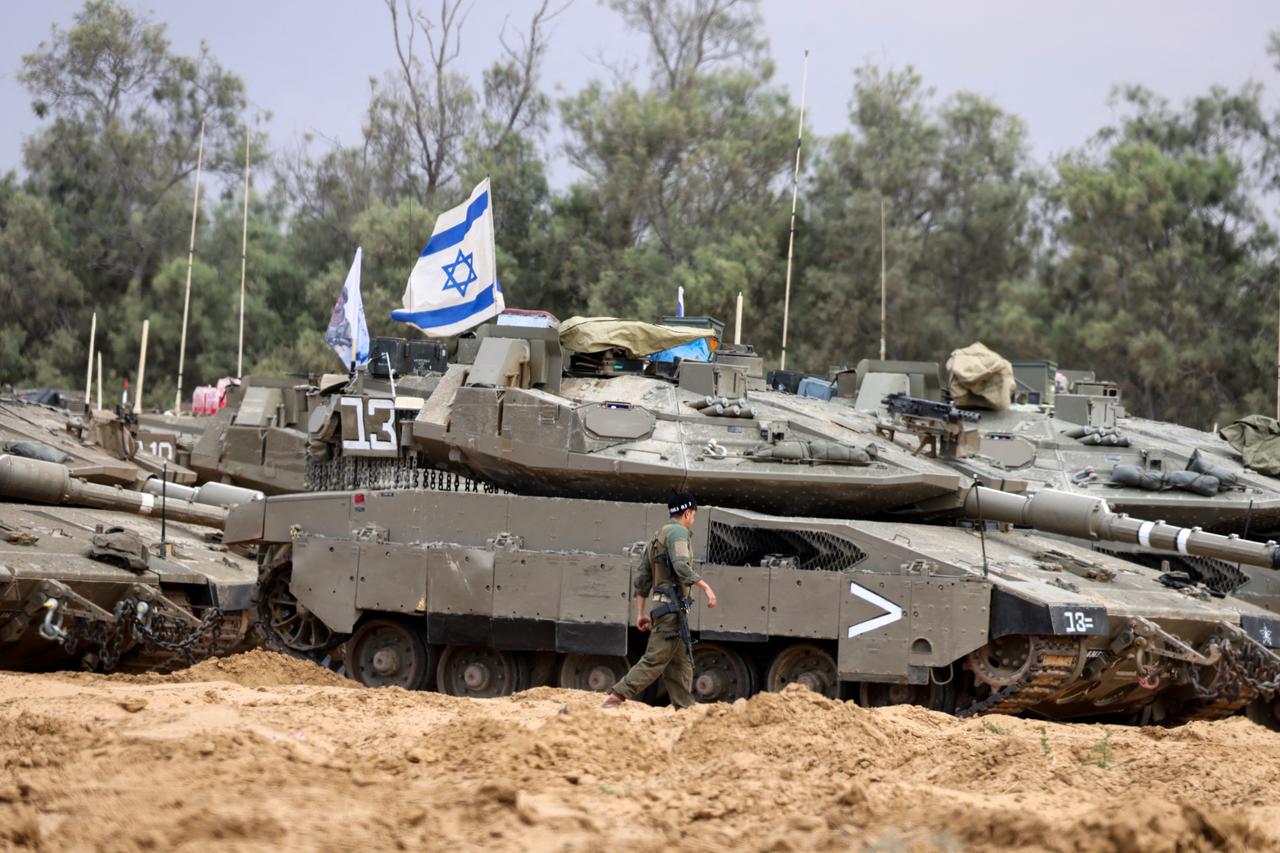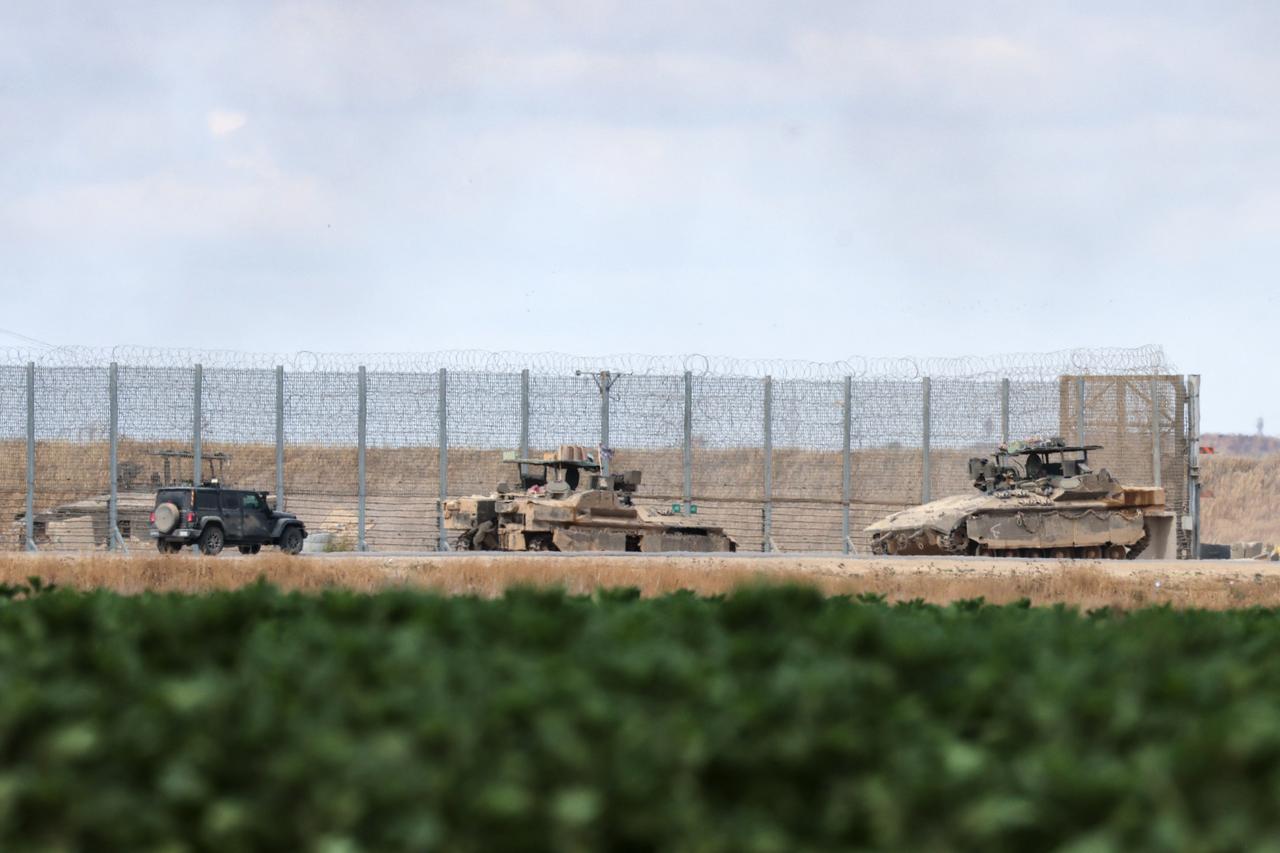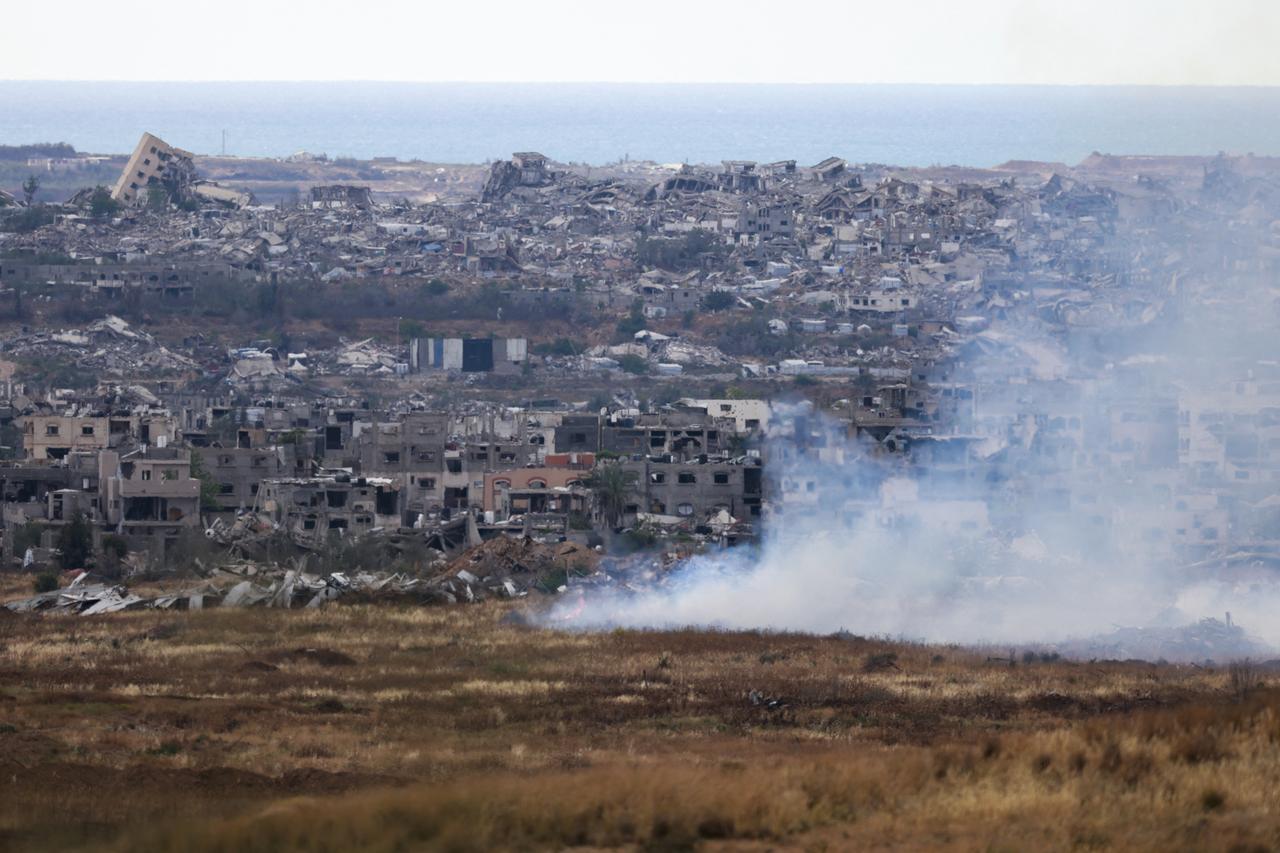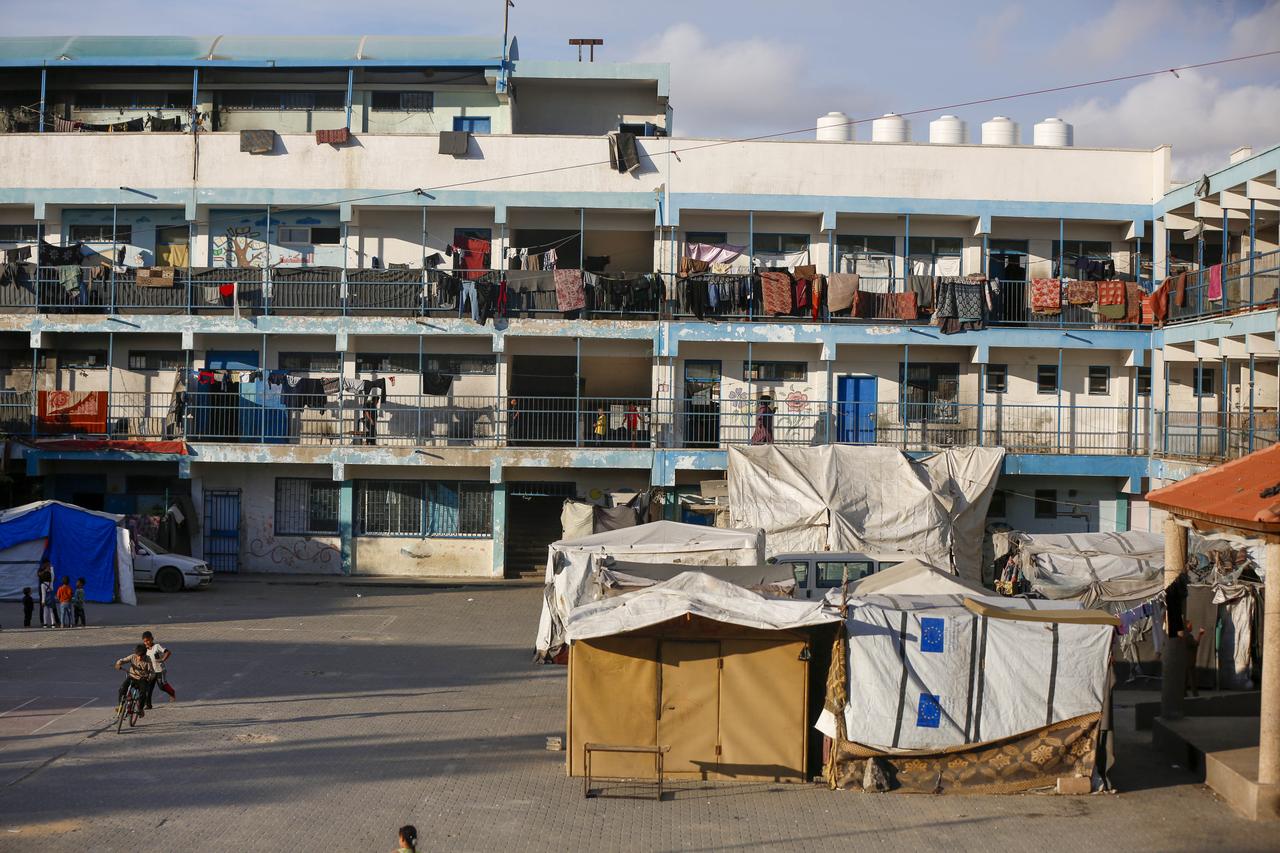
The Israeli military has issued draft notifications to thousands of reservists as part of a plan to intensify its operations in the Gaza Strip. However, local media report that a significant number of those called up may not respond due to combat fatigue.
According to Israeli news outlets, the draft orders are part of the army’s preparation to expand ground operations in Gaza. Reservists are expected to replace regular units currently deployed along the northern border and in the West Bank, allowing those troops to redeploy to the Gaza front.
Citing unnamed military sources, Israeli media outlet Haaretz reported that many commanders and soldiers had already expressed reluctance to participate in future combat operations, even before receiving call-up notices. "A large number of reservists will be deployed to the northern border and the West Bank to replace regular units, which will be reassigned to intensify operations in Gaza," the report said.
Israel’s intensified operations come after the breakdown of a cease-fire that was in effect from Jan. 19 until March 18, when renewed air and ground attacks began.

Since March 18, Israeli strikes have killed at least 2,436 Palestinians, mostly women, children, and elderly, and wounded another 6,450.
According to figures from the Ministry of Health in Gaza, the death toll in the enclave has reached 52,535 since the start of Israel’s military campaign on October 7, 2023. Over 118,000 have been injured.
Israel has rejected recent cease-fire proposals, stating it will act with "increasing military force" against Hamas. In response, Hamas accused Israel of violating previous agreements and reigniting what it described as "genocidal actions" against civilians in Gaza.

Chief of General Staff Herzi Halevi presented the expanded military plan to Prime Minister Benjamin Netanyahu on May 2.
Meanwhile, Chief of Staff Eyal Zamir reportedly warned Netanyahu and other cabinet members that widening ground operations could jeopardize Israeli hostages held in Gaza.
"There is a problem in linking the two primary goals of the war—eliminating Hamas and rescuing the hostages—because these objectives may conflict during decision-making on the ground," Zamir said, according to Israeli media outlet Yedioth Ahronoth.
He added, "We have to consider the risk of losing hostages if we conduct a large-scale ground operation."
Families of the hostages echoed these concerns, stating, "There can be no talk of victory until all hostages return. Losing them would be a national tragedy."

Separately, the Israeli Cabinet approved a controversial plan to deliver humanitarian aid in Gaza using private security contractors.
According to The Times of Israel, the initiative removes the military from direct aid distribution and assigns security to U.S.-based contractors and international organizations.
The Washington Post reported that the plan may be implemented before U.S. President Donald Trump’s mid-May visit to the region.
However, the United Nations and several international aid groups have rejected the plan, saying it violates humanitarian principles and risks the safety of civilians and workers.
The U.N. Humanitarian Country Team stated Sunday, "We can only support plans that respect the humanitarian principles of humanity, neutrality, independence, and impartiality."